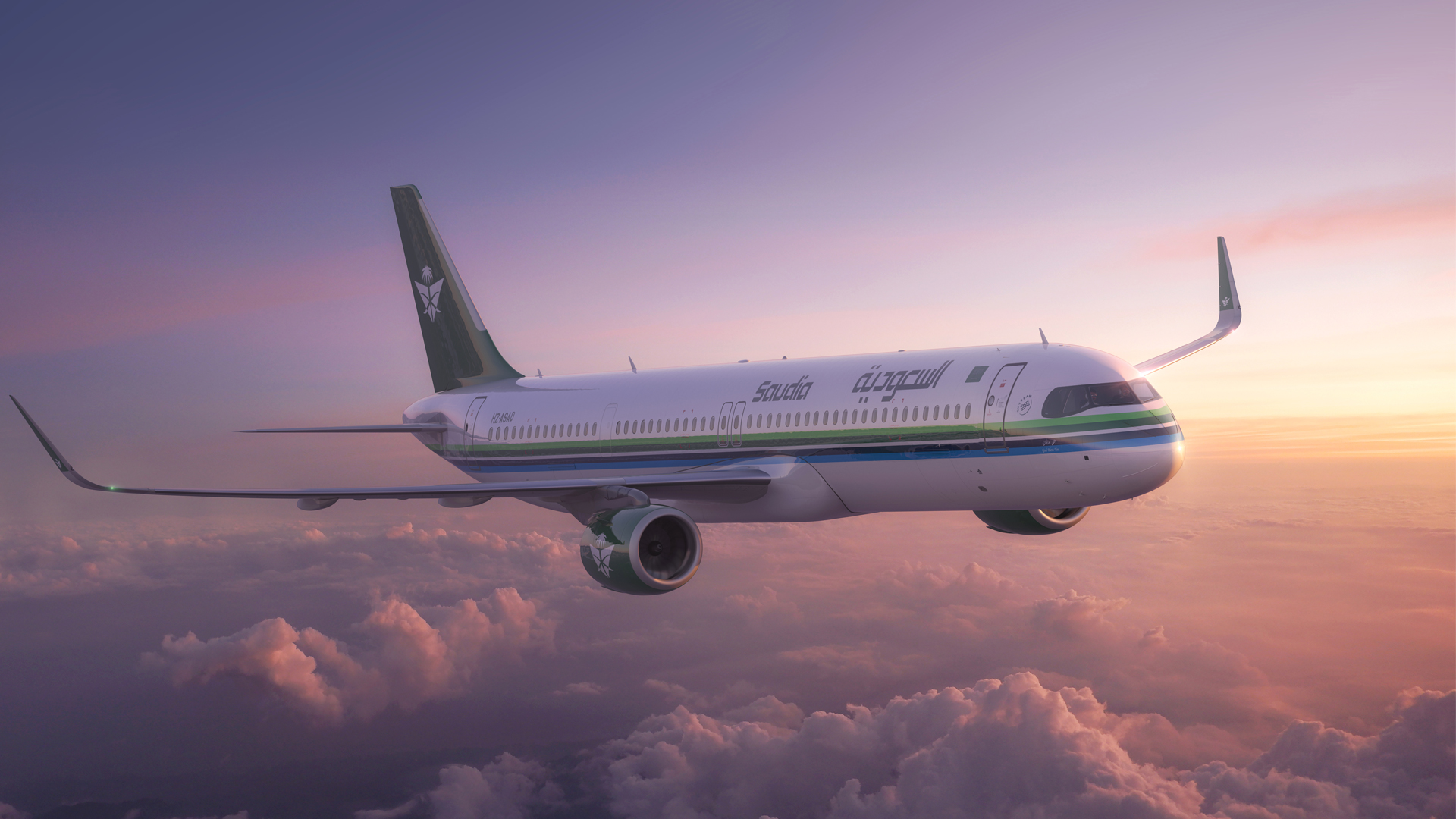Skift Take
Most agree that the airline industry needs an upgrade, but making it happen is the hard part.
Amadeus is piloting a new AI-powered retail system meant to make airlines sales more like shopping on Amazon.
The new Amadeus Nevio system is meant to help airlines more easily sell their own products as well as other travel products like hotels. For the customer, that means a simple app for tracking everything.
The long-term goal is to move away from separate – and confusing – systems for airline tickets, check-in, ancillary airfare products, airport lounge visits, and other services.
“It’s about getting all this to the next level, connecting the dots, tying it together,” said Cyril Tetaz, executive vice president of airline solutions for Amadeus.
“Like when I’m on Amazon, I can simply pass from the stage of having a shopping basket where you may order, which is going to be the basis for delivery. And that’s going to be cascaded to all the partners that are going to contribute to that delivery, because they’ve been contributing to that offer.”
The Amadeus Nevio system uses AI in partnership with Microsoft, which has exclusive access to ChatGPT’s tech as an early investor in OpenAI.
The Future of Airline Retailing
Amadeus imagines an app that can make personalized offers, anticipate issues, and automate the flight rescheduling process.
The industry as it exists is built on systems of siloed data and decades-old technology. That makes it difficult to share information for accurate and efficient sales within one company, let alone third-party companies like hotels. That’s changing, albeit slowly.
“Very much the same way I go to Amazon and I get my context recognized, and I get offers that are more relevant to me, it entices me more to be able to shop. I want the shopping and ordering process to be synced,” Tetaz said.
Some of those platform features include remembering where a traveler left off during shopping. That means offering a holiday package based on browsing history, and making personalized ancillary product offers like extra-legroom seats and airport transfers.
If there is a flight cancellation or other disruption, the traveler is sent alternative flight and hotel options to their mobile phone. It may also offer something like discounted lounge access. These updates would happen automatically across the entire trip, including changes to hotel stays and transportation.
The traveler would avoid check-in altogether and use biometrics to speed the journey through the airport.
The Trouble With Adoption
Amadeus is encouraging airline clients to transition from the legacy version of this technology, a system called Altéa.
Nevio falls into the “offer and order” model of airline retailing — which basically means selling products through personalized methods — that industry leaders have been talking about for several years. McKinsey has estimated that this area could be worth $40 billion by 2030. That would represent up to an additional 4% of current industry revenue, an equivalent of $7 per passenger.
Saudia, the national flag carrier of Saudi Arabia, said Thursday it is one of the first customers for Nevio.
“We want to refocus every aspect of our business around the guest, which is in line with Saudi Arabia’s Vision 2030,” said Arved von zur Muehlen, chief commercial officer of Saudia, in a statement. “From the offers we make, to the schedules we operate and the level of flexible and personalized service we provide across all our touchpoints.”
The other customer piloting Nevio is Finnair, which announced last December that it was partnering with Amadeus.
How Amadeus Hopes To Bring on More Airlines
Next up is selling the system to more airlines. The International Air Transport Association has mentioned an “aspirational goal” of moving fully to next-generation airline retailing by 2030. But that would take an overhaul of existing systems, something the industry has historically been reluctant to do.
“It will require an industry mindset shift and strong cooperation well beyond the current scope of any classic distribution project,” IATA said in a report. “Indeed, besides airlines, travel agencies, technology providers, other players will also need to come on board: airports, ground handlers and even governments.”
Tetaz said Amadeus is working with clients on a transitional pace that works for them.
He said the point is to encourage customers to think of each product as a Lego piece that can be added as needed. This allows airlines to adjust products quickly based on changing markets. They can deploy products in a matter of hours rather than weeks or months.
“We see this much more as a business transformation, rather than as an IT transformation,” Tetaz said.
Skift AI Travel Newsletter
AI coverage across travel sectors that’s focused on separating trendy moves from good ideas – in your inbox every Friday.
Have a confidential tip for Skift? Get in touch
Tags: airlines, amadeus, artificial intelligence, finnair, microsoft, OpenAi, saudia airlines
Photo credit: Saudia is one of the airline customers of Amadeus Nevio. Justin Dawes / Saudia
